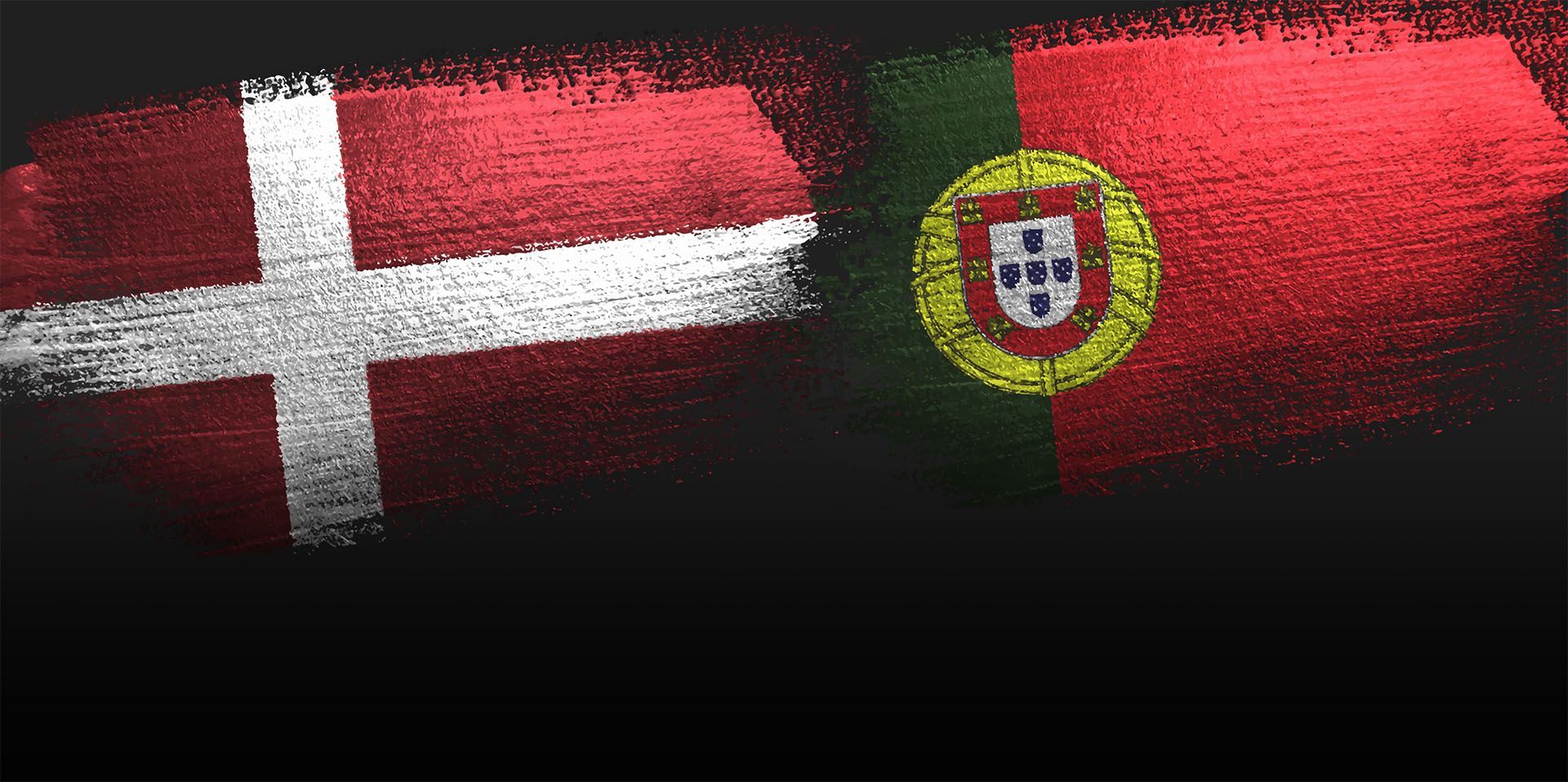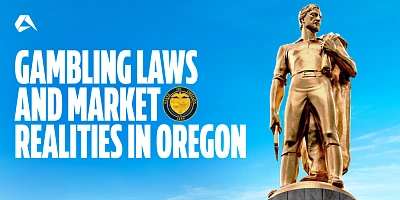Altenar has continued to support the expansion efforts of its sports betting and gaming customers by securing certification for both Denmark and Portugal.
We spoke to the company’s CEO Stanislav Silin about the “technical and procedural synergies” between the two, the challenges compared to other territories, and the need for a software provider to be “an enabler, not a blocker” for its partners.
SBC: After obtaining UKGC and MGA licenses in 2019, why were Denmark and Portugal the next target markets for Altenar?
SS: Last year, we successfully launched three sportsbooks in newly regulated Sweden, which is still in the process of refining and amending some of its policies.
At the same time, Denmark has an established regulatory framework in the Scandinavian region. So, we saw an opportunity to extend our regulatory reach in such a significant market while maximizing the investment already made for compliance with Sweden.
Similarly, the change management processes that the Danish regulator requires operators and suppliers to follow are similar to those for Portugal. So once again, we found technical and procedural synergies between the territories.
While those are the arguments that made it appealing to work on both territories together from a compliance standpoint, we also had business motivations.
We had existing customers wanting to launch in these markets, and we were eager to support their expansion efforts—along with signing a new operator who plans to launch in Denmark.
SBC: What can we expect to see from Altenar in these countries—do you have any immediate plans once the licenses are received?
SS: As a B2B provider, we do not need an operating license in these countries, but we must meet the same technical and process requirements that apply to actual licensees.
The plan is to support our current customers’ expansion, which is already underway for both jurisdictions. We also hope this helps us sign new operators, but our original motivation remains focused on helping our existing customer base grow.
SBC: Can you outline the process in both cases? What were the biggest challenges compared to other jurisdictions?
SS: Both territories require us to excel in managing how our software is deployed to production and how it evolves over time. There is a strong emphasis on change management procedures in both Denmark and Portugal, and that’s exactly where we made significant improvements last year to obtain similar certifications.
SBC: When designing the sportsbook UX, do you draw from what you’ve done in Sweden (for Denmark) and Spain (for Portugal), or is that too simplistic of a geographic approach? Do you need ‘boots on the ground’ to get the best market view?
SS: Each of these countries has different localization and customization needs. Some regulatory concepts are similar—like security requirements or change management protocols—and that’s where we see synergies.
However, operators targeting a specific market typically need content that’s tailored to appeal to local players. We receive the best insights from our operators themselves—they are, indeed, the best “boots on the ground,” as you put it, since they know their players best.
SBC: Portugal has one of the toughest tax regimes for iGaming in Europe. What’s the knock-on effect in terms of revenue potential for a supplier like Altenar?
SS: That remains to be seen, as we’ve just received certification and are still waiting for customers to go live. However, we trust our partner has a solid commercial strategy for this market. In general, we make money when our customer makes money, so it’s a partnership—we’ll work together to succeed.
SBC: Denmark is also navigating the balance between tax and channelization. What is the supplier’s role in reducing offshore market activity?
SS: We are a sportsbook software provider and a B2B services supplier. Our role is to provide certified, compliant software along with operational expertise—so our operators have the tools they need to expand into regulated markets. We aim to be an enabler, not a blocker.













